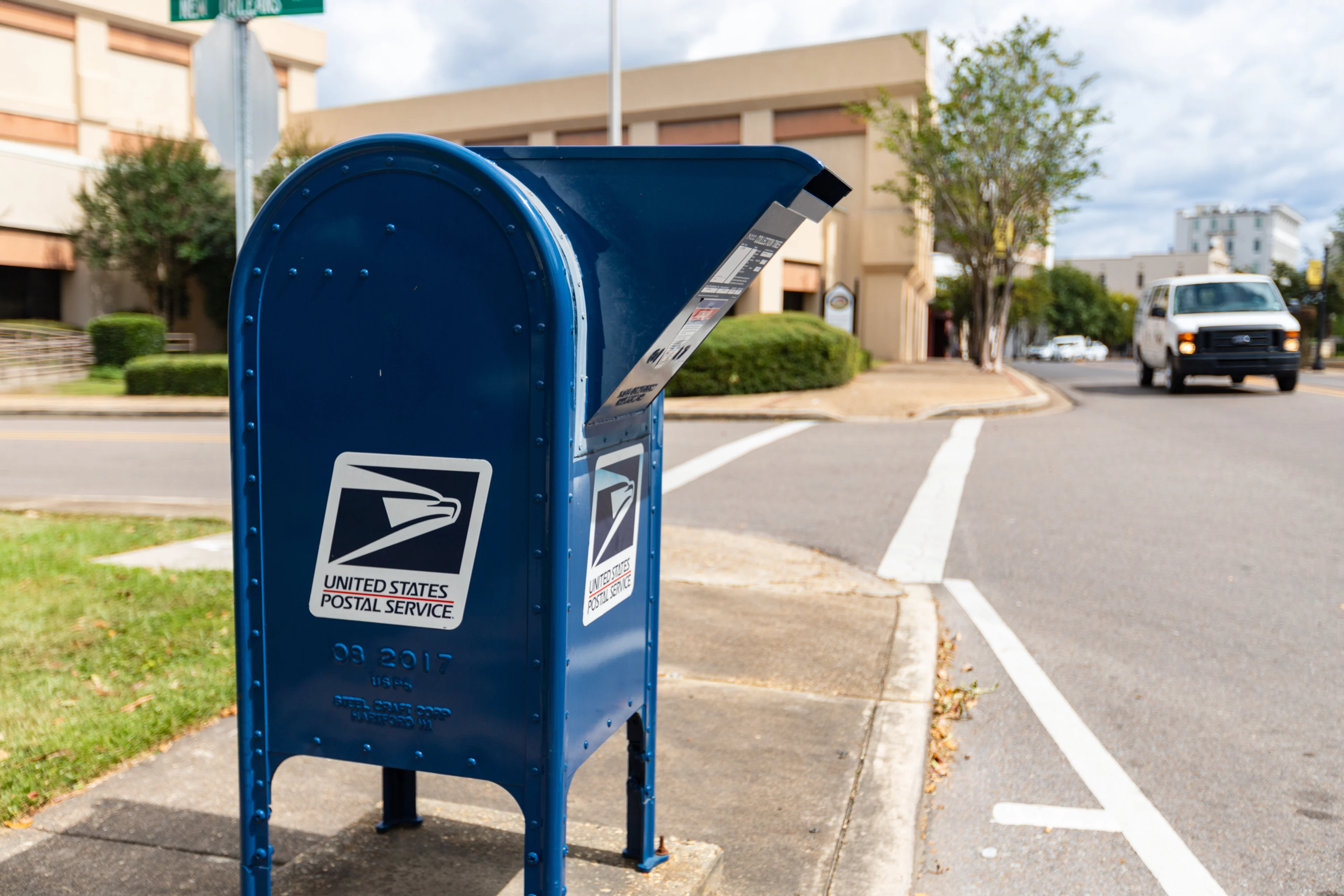
Protecting Payroll Data from Cyber Threats
Payroll security procedures are essential for safeguarding sensitive employee information, mitigating fraud risks and ensuring compliance. Private payroll information, such as employee names, social security numbers, tax information, bank account numbers and other sensitive data, should only be accessible by authorized individuals. Implementing effective payroll security measures can be challenging, particularly for small- and medium-sized businesses with limited resources, however our payroll pros outline eight ways to keep your organization, and its employees protected.
Eight Ways to Protect Employee Data
- Limit access to payroll data and systems - Companies should put access controls in place, such as user authentication and payroll approval workflows, to restrict access to payroll records based on an employee’s job function and level of responsibility.
- Implement multi-factor authentication (MFA) - Add a second layer of login security—like a code to a phone—making it harder for intruders to access systems.
- Use unique, strong passwords - The newest security trend is to aim for 16+ characters, using a mix of symbols and cases. Never reuse passwords across platforms and train employees that work passwords should not be the same as personal passwords that are highly susceptible to being leaked.
- Ensure regular reviews of access permissions - Routinely assessing and updating access to payroll records and systems ensures only authorized personnel access payroll records.
- Regularly back up payroll data - Backups guarantee payroll data can be restored during loss, tampering or security breaches. Businesses should set up a timetable for routine backups and ensure they are securely stored, preferably offsite or in the cloud.
- Conduct a cybersecurity risk assessment - As an added security measure, consider hiring an external provider to perform an assessment to determine your current exposure. Our affiliate, Doeren Mayhew, can assist with performing a cybersecurity assessment.
- Train your team regularly - Human error causes most security breaches. Quarterly cybersecurity refreshers help keep awareness of current trends top of mind. There are many third-party providers that offer training programs on how to prevent successful phishing campaigns.
- Work with a secure third-party payroll provider - It’s crucial you select a trustworthy service provider that employs proper security measures to keep your employees’ data protected. Perform some due diligence on your current provider, such as:
- Request their Service Organization Controls (SOC) report annually. This will provide insight into the organization’s security, availability, processing, integrity, confidentiality and privacy controls.
- Review their security policies and procedures, as well as their incident response plan for dealing with a cyber crisis threatening your payroll data.
- Ensure they have strong security controls in place for transferring your company’s payroll information into their systems.
- Understand their process for alerting you to potential threats and strange activity.
In the digital era, prioritizing cybersecurity is essential for managing a business effectively. Exercise caution when clicking on links, verify the legitimacy of access requests and immediately reach out to your IT provider if something seems unusual. Protecting your business from cybersecurity threats requires the same vigilance as securing your physical business against unauthorized access or suspicious behavior. By extending that level of care to your digital operations, you can ensure a safer and secure environment for your business.
How We Can Help
Taking the steps mentioned above will help to keep your payroll data safe, allowing you to focus on what matters most, running your business. Secured behind a Citrix firewall, rest assured your payroll data is safe with us. Contact us to find out what we do to keep our clients’ data secure and confidential.


